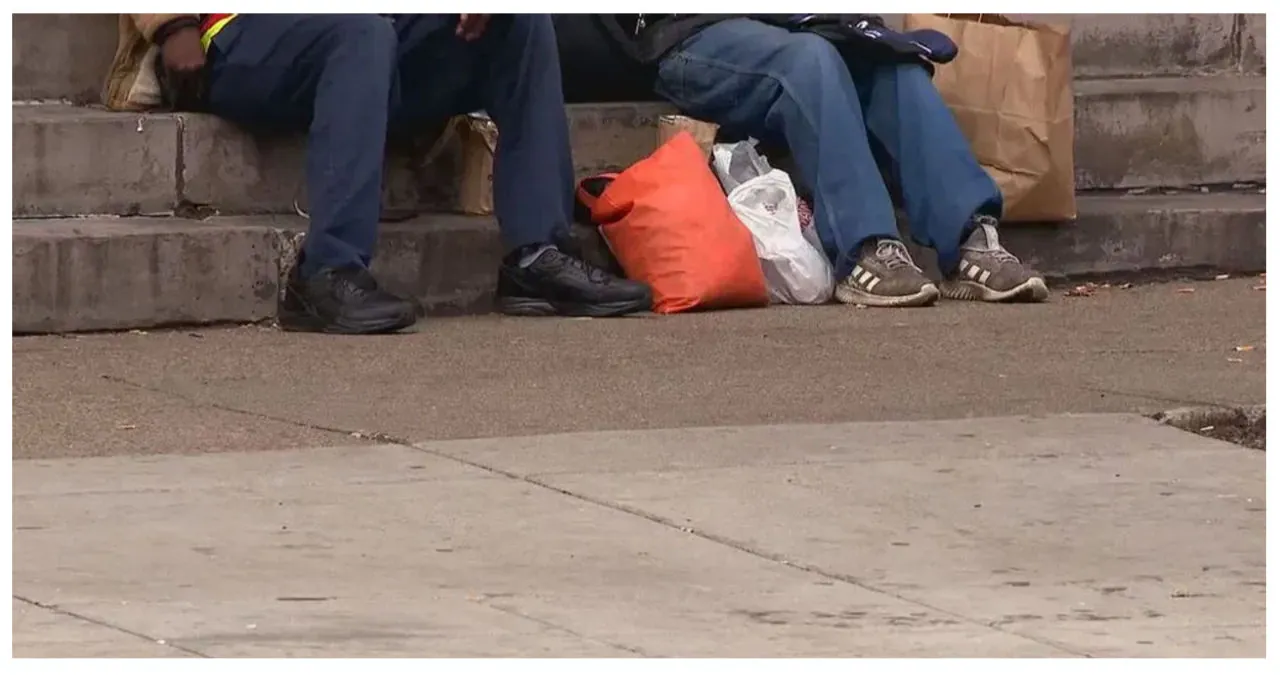Sleeping outside on public property could soon be illegal in Kentucky, according to a proposed safety bill.
Homeless advocates are challenging the Safer Kentucky Act, claiming that it would unfairly penalize individuals experiencing homelessness.
Lawmakers are being urged to prioritize making housing more accessible in order to address the issue of homelessness.
If cities fail to enforce the ban, the bill would grant the state the authority to withhold funding for housing programs.
The Safer Kentucky Act proposes the possibility of arresting and imprisoning individuals who are residing in tent encampments or found sleeping on park benches. The author of the bill asserts that this measure would serve as an incentive for homeless individuals to seek shelter and move away from the streets.
Advocates fighting for people experiencing homelessness are giving particular attention to this section of the draft act, which is one of the 49 other sections.
According to Danielle Amrine, CEO of Welcome House, it is unfair to expect police officers, who are already occupied with pursuing murderers and violent criminals, to also handle the task of issuing misdemeanor tickets and fines to individuals who are simply sleeping outside and not causing any trouble.
According to Amrine, the penalties may pose additional challenges for individuals who are already struggling to secure employment or housing.
The proposal further states that the state will only provide funding to housing programs that mandate individuals to undergo treatment.
Amrine expressed her opinion on the bill, acknowledging that while there are some positive aspects, there are also certain parts that she considers outdated and contradict evidence-based practices that have been widely supported.
The shelter she runs adheres to the Housing First model.
According to Amrine, individuals are more likely to pursue treatment once their fundamental housing needs are fulfilled. However, a rehab center holds a contrasting viewpoint, stating that the opposite is true.
“It can be incredibly challenging to manage housing when individuals are grappling with addiction or experiencing a mental health crisis. They may overlook their responsibilities, such as paying their heat and water bills, and ultimately fall behind on their rent,” explained Jim Beiting, CEO of Transitions Drug Rehabilitation & Immediate Care.
Transitions Inc. collaborates closely with its patients to locate suitable recovery housing once they have completed their treatment. According to Beiting, certain regions in the state lack convenient access to rehabilitation facilities.
Beiting explained that their treatment center follows a no-wait policy and a treatment-on-demand policy. This means that if someone calls, they can receive immediate treatment without any delays.
Republican representative Savannah Maddox expressed her concerns about the broad scope of the bill, stating that it may not be suitable for all counties. She raised objections to the way it seems to circumvent the authority of local government in enforcing “community standards.”
Cities may have the option to designate specific areas for camping under a provision in the bill, which is currently under review in the committee.
Lawmakers will not be returning to session until next week.
If you or someone you know requires immediate substance abuse treatment, you can contact Transitions’ intake line at 859-491-4435.
Read More:

